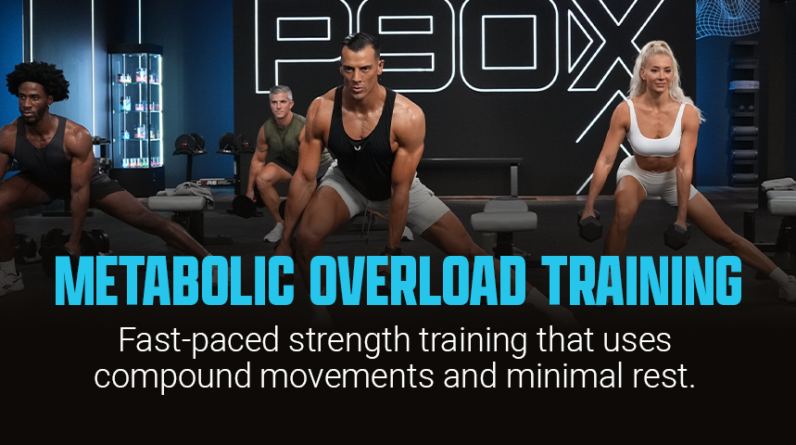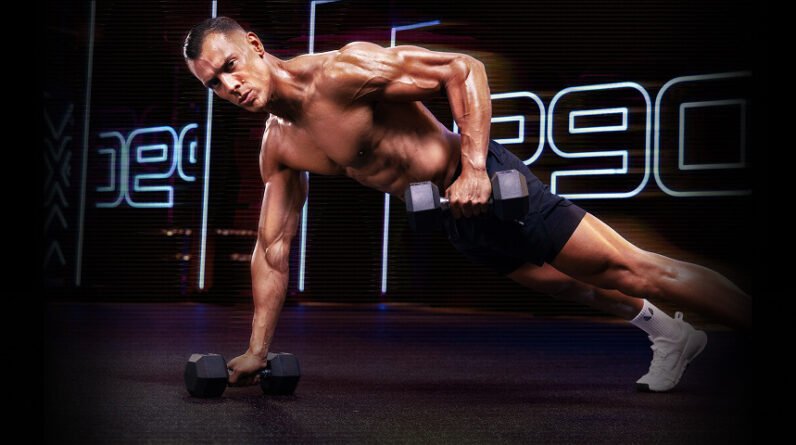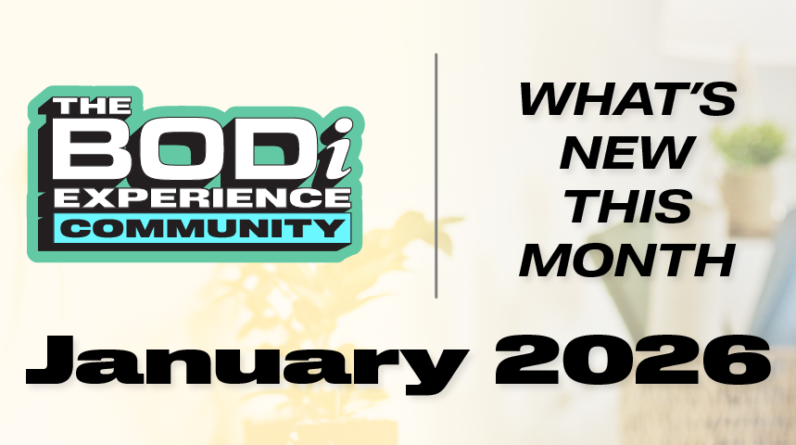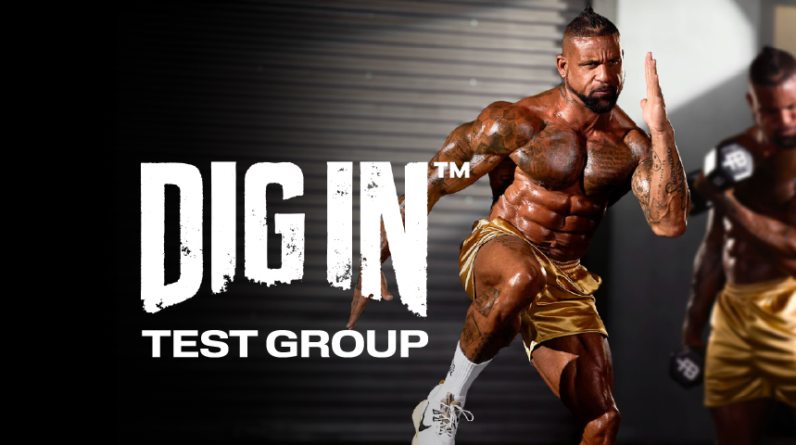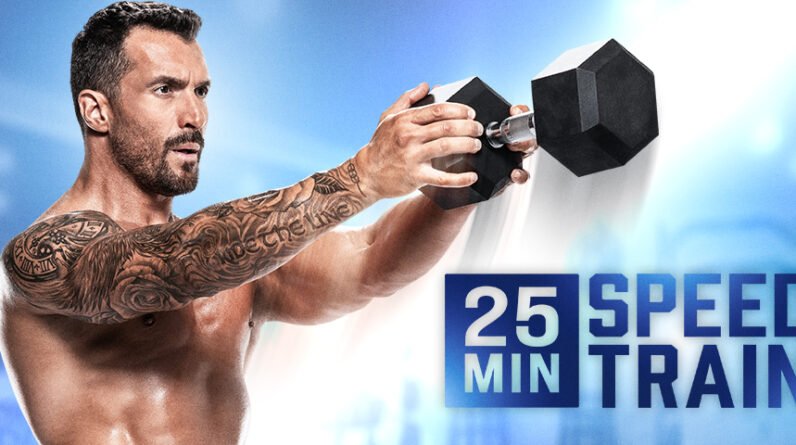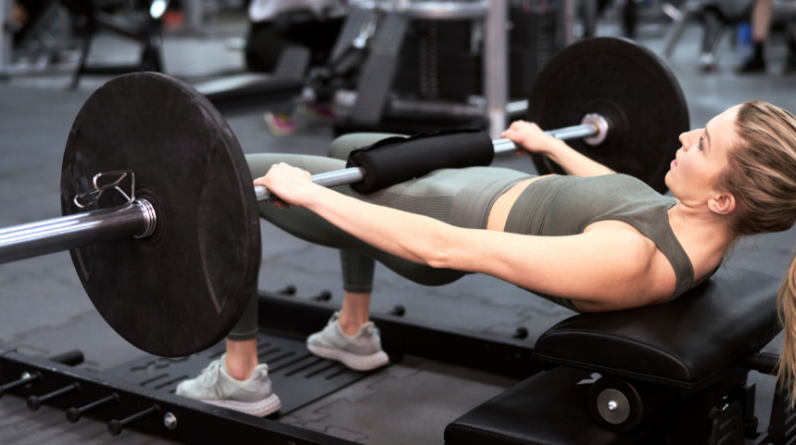
Although this exercise may be called the hip thrust, you’re really going to appreciate what it does for your butt.
In fact, hip thrusts can fire up your entire posterior chain, according to Holly Perkins, C.S.C.S., Los Angeles-based trainer and author of Lift to Get Lean. That can help reduce your risk of low back pain and also give you more power for everything from lunges and squats to sprinting and climbing.
“It’s easy to love hip thrusts, because they’re so good at giving you results,” says Perkins. “They’re awesome for your glutes, but also improve the way your hamstrings and lower back function.”
Hip Thrust: Step-by-Step Instructions
- Sit on the floor with your back against the long edge of a gym bench and your feet flat on the floor (if using weights place a barbell across your waist). The bench’s pad should be positioned just under your shoulder blades.
- Engage your core and push through your heels to lift your hips toward the ceiling, keeping your chin tucked to prevent your back from arching excessively.
- At the top of the movement, squeeze your glutes, and then slowly lower your butt back to within a few inches of the floor before repeating.
Should I Use Weights When Doing a Hip Thrust?
Just as with any exercise in which you’re transitioning from bodyweight to free weights or resistance bands, it’s important to get the technique and form down first, advises Perkins.
Once you do, the customary way to add weight is by placing a barbell across your hips. This is usually accompanied by some type of cushioning for your hip bones, such as a towel or a barbell pad. As for how much weight to use, Perkins suggests starting light — perhaps just the bar itself — and increasing weight by only five to 10 pounds per week.
“The temptation with hip thrusts is to go heavy, because you can lift quite a bit on your hips,” she says. “Resist that impulse. It’s much better to progress slowly over time. That will help you keep your form and prevent injury.”
What Muscles Does the Hip Thrust Target?
If you’re looking for a major glute builder, you’ve found it. But there are other muscles working as well.
Glutes
The muscles of your butt are your hips’ primary extensors (straighteners) and are the focus of the thrust.
Hamstrings
These muscles on the backs of your thighs aid hip extension (straightening). As you lift your hips off the ground, your hamstrings will assume some of the load.
Quadriceps
The big muscles on the fronts of your thighs are responsible for knee extension. They’ll activate to help you lift and lower.
Core
The hip thrust isn’t a traditional core exercise, but your lower back and abdominal muscles will need to work to keep you centered and stable.
Exercises Similar to the Hip Thrust
If you don’t have a padded gym bench or suitable substitute (couches and chairs tend to be too soft, and may force you to arch your back) handy, then try these to target the same muscles.
Glute bridge
Think of this as a hip thrust with your shoulders on the floor. Perform the same movement, the top of which should result in a straight line from your shoulders to your knees.
Clamshell
This side-lying move will help work your medial glutes, which help with hip stabilization, thigh abduction (movement out to the side), and external leg rotation (turning your knees out).
Donkey kick
A face-down version of the movement, the donkey kick, or quadruped hip extension, isolates each leg and can be made more challenging by adding ankle weights and resistance bands.


